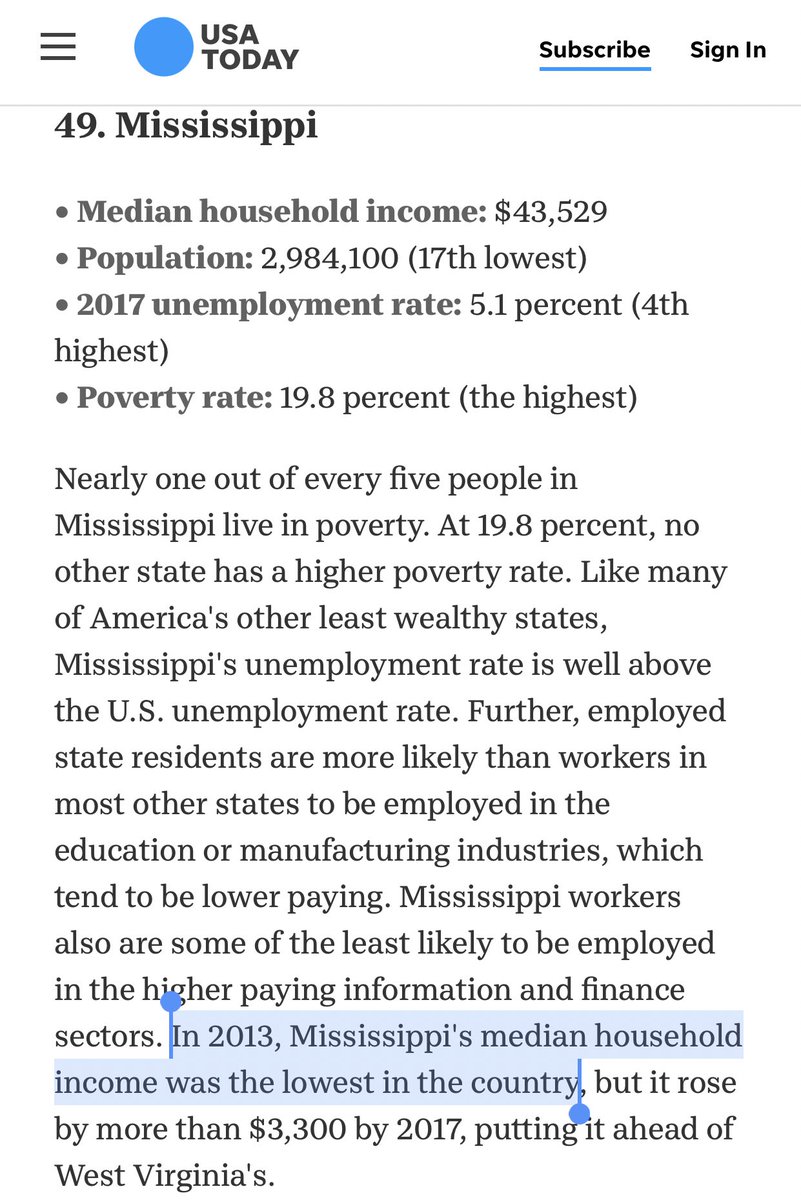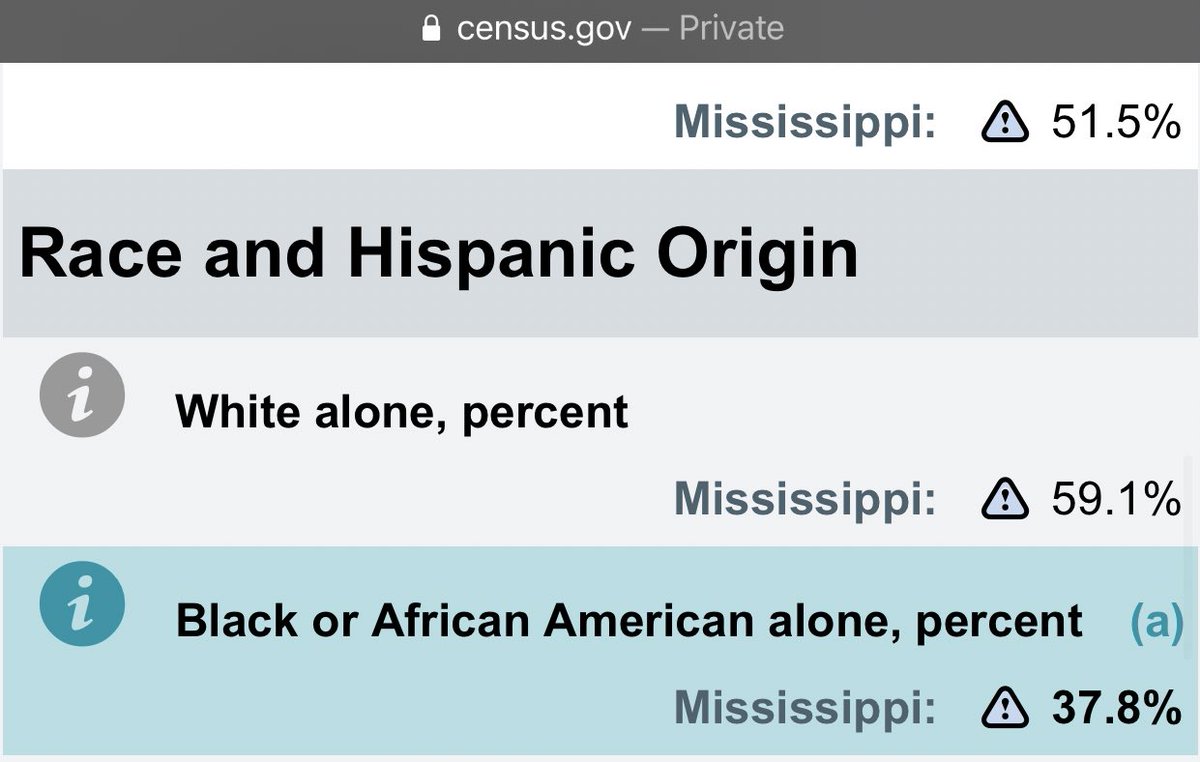
Every country has a ruling, decision making class. And every countru has a founding myth/event/ethos which serves to give that class legitimacy. In the US, that is the story about the founding fathers and their commitment to “freedom,” “liberty,” “equality.”
It is this founding myth from which the US ruling class derives its legitimacy, and thus maintains their power and influence. They rule today because they supposedly maintain these ideals and are the descendants, in blood and ideology, of the founders.
Which obviously means to challenge the narrative of the founders is to challenge the right to rule of the people currently in power. This is a big part of the reason why conservatives fight so hard to protect the narratives surrounding the founders and colonial settlers.
Because if the founders were actually bad people, if their ideas were bad, and if they actually harmed people—then the rule of people who claim to be their heirs must be illegitimate. And if they are illegitimate then why are they the ruling, decision making class?
The narratives about US history, about CRT, about teaching slavery, teaching colonialism, are about power and legitimacy. Conservatives (correctly!) fear that in a world where people don’t believe the founding myth, they’ll question the legitimacy of the US ruling class.
So they fight to protect these narratives not because truth or accuracy matters to them—but because questioning these narratives means directly questioning their right to rule and the power imbalances in society.
As America’s demographics continue to shift, as education increases, and as America’s relative geopolitical power continues to (slowly, relatively) decline, we see a continued challenge of the American myths that uphold the rule of the decision making class.
• • •
Missing some Tweet in this thread? You can try to
force a refresh







